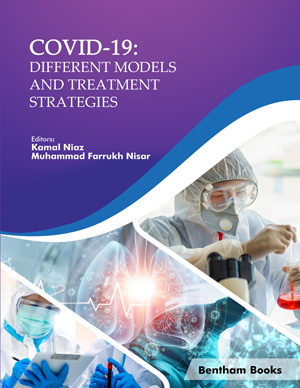Abstract
Background: The assessment of health-related quality of life among people living with HIV (PLWH) has gained increasing importance as it assesses their overall well-being, guides treatment decisions, and addresses psychosocial challenges, improving their quality of life. This study focuses on adapting and validating the Turkish version of the WHOQOL-HIV Bref, a tool developed by the World Health Organization (WHO) to measure health-related quality of life in PLWH. This adaptation is based on the generic WHOQOL-Bref Turkish and WHOQOL-HIV Bref inventory.
Methods: In line with WHO guidelines, the tool was translated and tested on 189 PLWH from İstanbul Şişli Hamidiye Etfal Training and Research Hospital's HIV outpatient clinic. A variety of statistical methods were employed to assess content, construct, concurrent, and known-group validity, as well as internal consistency and reliability.
Results: Participants' median age was 35 years (IQR: 14), with 178(94%) being male. The Turkish WHOQOL-HIV Bref showed overall satisfactory psychometric properties. Despite limitations in the spirituality domain, it demonstrated good internal consistency (alpha coefficient: 0.93) and strong validity across several metrics, including test-retest reliability (ICC: 0.79).
Conclusion: The WHOQOL-HIV BREF in Turkish is a reliable and valid instrument for assessing the quality of life in Turkish PLWH.
Graphical Abstract
[http://dx.doi.org/10.1097/QAD.0b013e32834dcec9] [PMID: 22089374]
[http://dx.doi.org/10.2174/1570162X18666200824104140] [PMID: 32838720]
[http://dx.doi.org/10.2174/1570162X19666211206094709] [PMID: 34872477]
[http://dx.doi.org/10.2174/157016212800792531] [PMID: 22591357]
[http://dx.doi.org/10.1080/13548506.2018.1437276] [PMID: 29430957]
[http://dx.doi.org/10.1186/s12955-021-01693-0] [PMID: 33557861]
[http://dx.doi.org/10.1016/0895-4356(93)90142-N] [PMID: 8263569]
[http://dx.doi.org/10.1136/bmjopen-2017-016382] [PMID: 28827253]
[http://dx.doi.org/10.1023/A:1008846618880] [PMID: 9610216]
[http://dx.doi.org/10.32614/RJ-2021-053]
[http://dx.doi.org/10.21105/joss.01686]
[http://dx.doi.org/10.18637/jss.v048.i02]
[http://dx.doi.org/10.1097/00006199-198611000-00017] [PMID: 3640358]
[http://dx.doi.org/10.1080/09540121.2010.543881]
[http://dx.doi.org/10.1007/s11136-014-0707-7] [PMID: 24791929]
[http://dx.doi.org/10.1080/09540120220123793a] [PMID: 12042086]
[http://dx.doi.org/10.1371/journal.pone.0073180] [PMID: 24019904]
[http://dx.doi.org/10.1080/09540120902803216] [PMID: 20024703]
[http://dx.doi.org/10.26719/2016.22.9.647] [PMID: 27966765]
[http://dx.doi.org/10.1186/s13033-016-0062-x] [PMID: 27064377]
[http://dx.doi.org/10.1080/09540121.2010.498870] [PMID: 21259131]
[http://dx.doi.org/10.2174/157016207779316369] [PMID: 17266562]






















